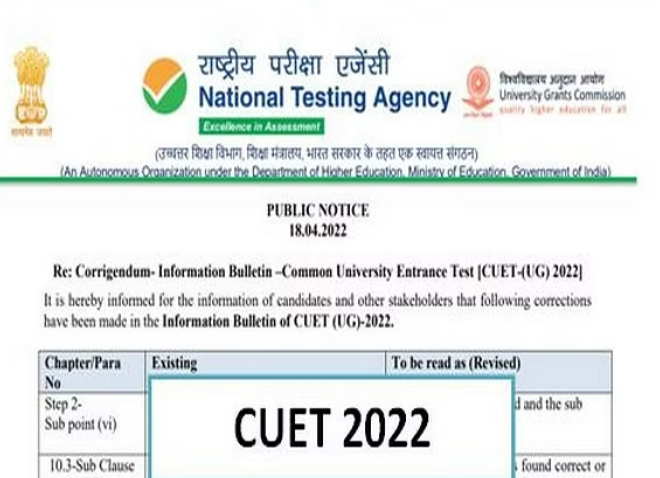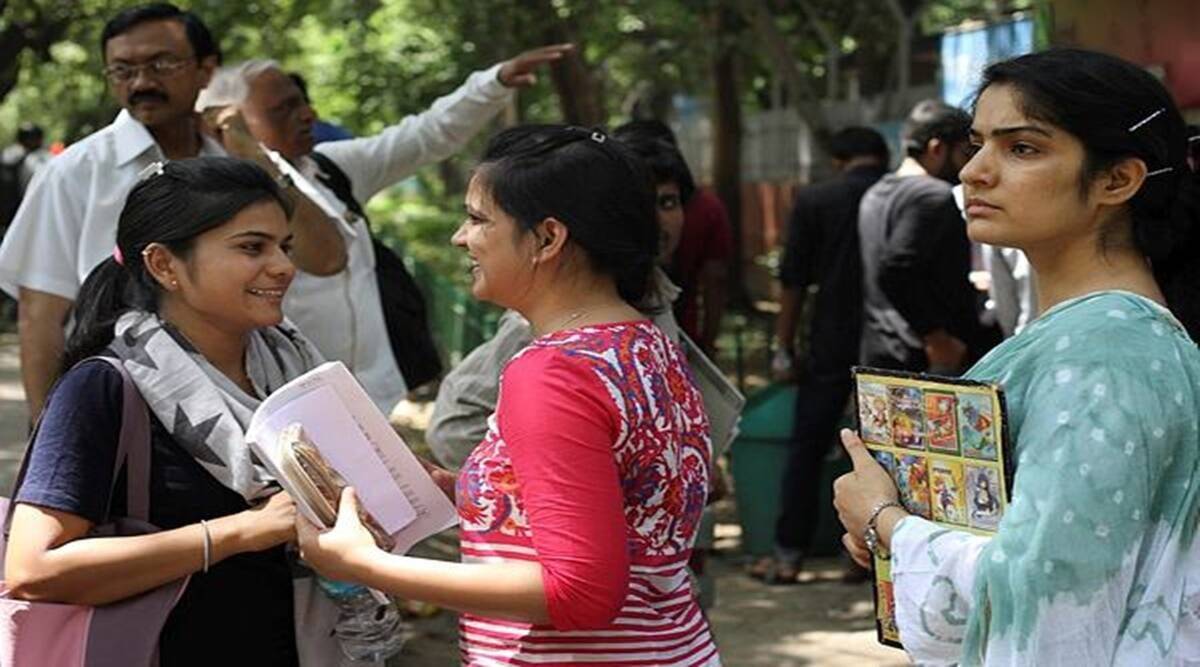The National Medical Commission’s (NMC) Undergraduate Medical Education Board (UGMEB) recently made a big step towards streamlining the admissions procedure for the MBBS programme in India. The UGMEB has instructed medical universities to follow a stringent deadline for MBBS admissions in order to guarantee the timely start of the academic year and maintain the quality of medical education. This article examines the ramifications of this choice and how it will affect students pursuing careers in medicine and the educational system as a whole.
The Importance of Setting a Deadline
The early admission of students is essential for a successful academic year in the field of medical education. The MBBS admissions deadline adds much-needed structure to the application process. It facilitates the scheduling of admissions at universities and guarantees that the first professional year of the MBBS programme begins on or before August 1 of each year.
The Role of the NMC in Regulating Medical Education
The National Medical Commission (NMC) is India’s top administrative organization in charge of overseeing medical education. It establishes the requirements, specifications, and curriculum for undergraduate and graduate medical programmes. The NMC is attempting to modernize medical education and bring it in line with international norms using the recently released CBME curriculum.
The New Directions: Deadline and Admission Timing
The UGMEB has instructed medical universities to make sure that there are no MBBS admissions after August 30 of the relevant academic year, under the control of the NMC. The integrity of the admissions process must be upheld by adhering to this stringent deadline in order to prevent delays in the start of the academic year.
Consequences of Admitting Students After the Deadline
The NMC has issued a warning that students enrolled after the admissions window has closed risk being dismissed from their course of study, underscoring the importance of meeting the deadline. Additionally, the National Medical Commission may not recognise any medical credentials earned by such students. Institutions that continue to admit students after the deadline will also likely face consequences.
The CBME Curriculum: A Step Towards Modernization
A substantial change in medical education has recently been made with the introduction of the CBME (Competency-Based Medical Education) curriculum. Along with theoretical knowledge, it places a strong emphasis on the development of competences and abilities required for a medical graduate. The new curriculum emphasizes professional development and ongoing progress while outlining clear goals and objectives for students.
Phase-wise Training and Time Distribution
For MBBS students, the CBME curriculum outlines a phase-wise training strategy. It outlines how training sessions and class hours are distributed throughout the course. This organized method guarantees thorough subject coverage and gives students a well-rounded medical education.
Competencies and Objectives of the MBBS Curriculum
For each year of the MBBS course, the new curriculum includes distinct capabilities and objectives. Along with knowledge development, it emphasizes the growth of vital abilities like professionalism, ethics, and communication. The programme aspires to generate well-rounded medical practitioners who can address society’s healthcare needs by integrating these competences.
The Role of Assessment and Examination
The assessment process is an essential part of medical education. Along with university exams, the CBME programme places a strong emphasis on ongoing assessment and internal review. Clarity is provided by the instructions for the selection of examiners, attendance requirements, and eligibility requirements. This guarantees a fair and consistent evaluation process for all MBBS students.
Ensuring Quality Education: A Collaborative Effort
A deadline for MBBS admissions is only one measure that can be taken to guarantee high-quality medical education. Universities, regulatory agencies, and medical experts must work together on this. Stakeholders can improve the standards of medical education in India by cooperating and adhering to the rules established by the NMC.
The Transition Period: Implementing the Changes
Significant improvements in medical education must be implemented over a period of time that has been carefully planned. The NMC and medical universities must collaborate to offer the support and direction required during this stage. This entails educating the faculty, modernizing the facility, and resolving any issues that could crop up during the changeover.
Benefits of the Deadline for MBBS Admissions
The MBBS admissions deadline has a number of advantages for both students and the educational system as a whole. It guarantees a punctual start to the academic year, allowing students to finish their courses within the allotted time. It also encourages university accountability and simplifies the admissions procedure, easing the load on students and their families.
Addressing Concerns: FAQs
Q1. What happens if a student is admitted after the deadline?
A student admitted after the deadline may face discharge from the course of study, and their medical qualification may not be recognized by the National Medical Commission.
Q2. Will the new curriculum impact the quality of education?
No, the new CBME curriculum aims to enhance the quality of medical education by focusing on competencies, skills, and professional development.
Q3. How will the transition to the new curriculum be managed?
The transition to the new curriculum will involve collaboration between the NMC and medical universities, ensuring necessary support and guidance during the implementation phase.
Q4. What are the benefits of setting a deadline for MBBS admissions?
Setting a deadline ensures timely commencement of the academic year, promotes accountability, and streamlines the admission process, benefiting both students and the education system.
Q5. How will the new curriculum prepare students for real-world medical practice?
The new curriculum emphasizes competencies, skills, and practical training, equipping students with the necessary tools to excel in their medical careers.
The UGMEB’s deadline for MBBS admissions, which was established with the NMC’s supervision, represents an important turning point for Indian medical education. The objective is to develop qualified and well-rounded medical professionals who can fulfill the changing healthcare demands of the nation by assuring prompt admissions and putting the CBME curriculum into practice. The modernization and standardization of medical education will improve its quality and lead to a healthier country.
























